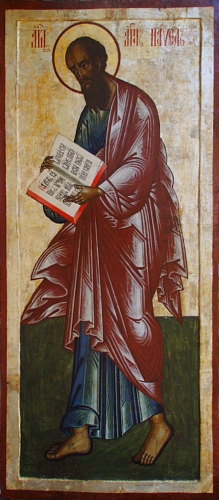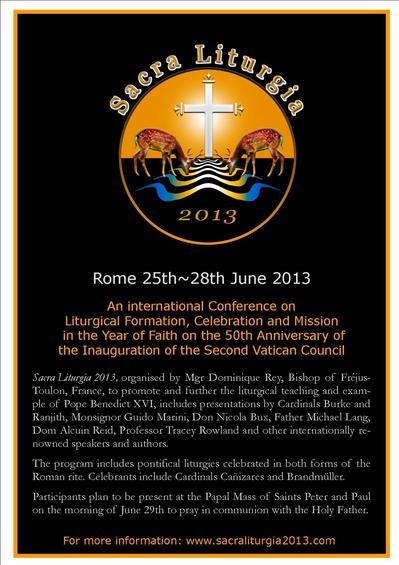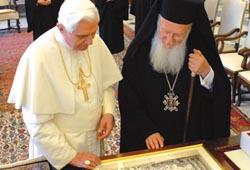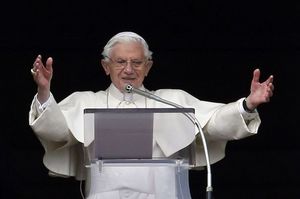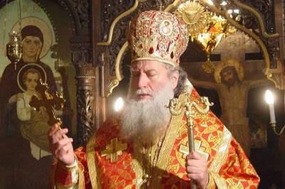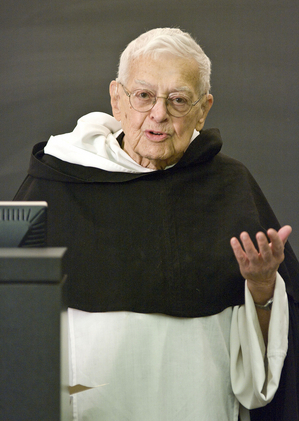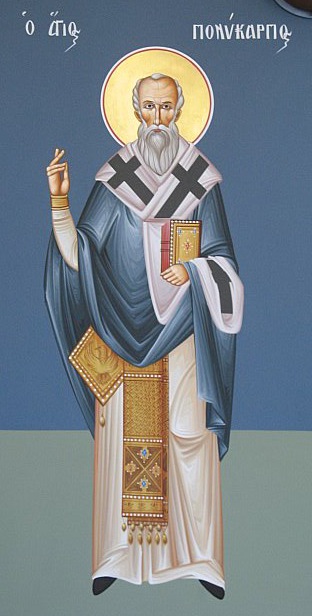Pope Benedict’s penultimate day as the Vicar of Christ, the Supreme Pontiff we hear from him one last time in an official capacity with evermore courage, insight, humility and love. It is an astonishing piece.
Thank you for coming in such large numbers to this last General Audience of my pontificate.
Like the Apostle Paul in the biblical text that we have heard, I feel in my heart the paramount duty to thank God, who guides the Church and makes her grow: who sows His Word and thus nourishes the faith in His people. At this moment my spirit reaches out to embrace the whole Church throughout the world, and I thank God for the “news” that in these years of Petrine ministry I have been able to receive regarding the faith in the Lord Jesus Christ, and the charity that circulates in the body of the Church – charity that makes the Church to live in love – and of the hope that opens for us the way towards the fullness of life, and directs us towards the heavenly homeland.
I feel I [ought to] carry everyone in prayer, in a present that is God’s, where I recall every meeting, every voyage, every pastoral visit. I gather everyone and every thing in prayerful recollection, in order to entrust them to the Lord: in order that we might have full knowledge of His will, with every wisdom and spiritual understanding, and in order that we might comport ourselves in a manner that is worthy of Him, of His, bearing fruit in every good work (cf. Col 1:9-10).
Continue reading Benedict XVI’s final audience address: I do not abandon the cross
